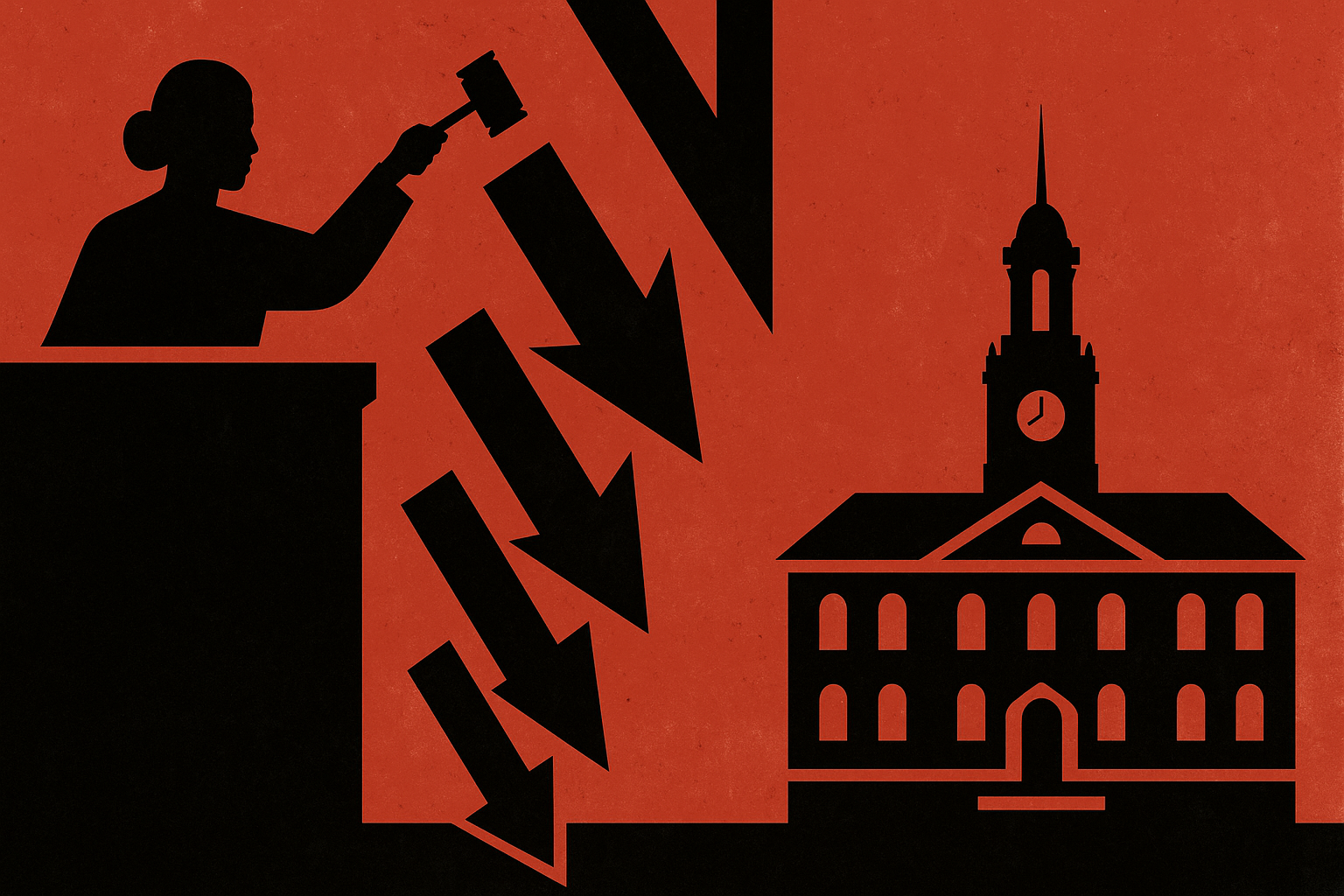Harvard University appeared in federal court on July 21 to challenge the Trump administration’s decision to revoke roughly $2.5 billion in research grants. The university is asking U.S. District Judge Allison Burroughs to declare the funding cuts unlawful and to order the restoration of support for hundreds of scientific and medical research projects currently at risk.
The court hearing marks a significant escalation in tensions between the Ivy League institution and the White House. Since President Trump’s return to office in January, his administration has ramped up scrutiny of American universities, with Harvard emerging as a central target. The administration has accused the university of fostering an environment rife with antisemitism and “radical left” ideology, and it has demanded sweeping reforms to its governance, hiring, and admissions practices.
White House spokesperson Harrison Fields defended the actions, stating, “The Trump administration’s position is clear: universities must not tolerate antisemitism or violate civil liberties under the guise of academic freedom.”
The administration first moved against Harvard by canceling hundreds of federal research grants, alleging the university failed to adequately address harassment of Jewish students—an issue that intensified following the outbreak of the Israel-Hamas war in Gaza in late 2023. Harvard has acknowledged that Jewish and Israeli students faced “vicious and reprehensible” treatment on campus and has taken steps to improve the campus climate.
However, university officials argue that the administration’s demands extend far beyond addressing antisemitism. According to Harvard President Alan Garber, the federal government is unlawfully attempting to regulate academic independence by imposing ideological requirements on faculty hiring and admissions decisions. An April 11 letter from a White House task force outlined several conditions for continued federal funding, including changes to governance structures, faculty composition, and academic programming to reflect a broader spectrum of viewpoints.
Harvard rejected the demands, prompting what university officials describe as retaliatory actions that threaten the institution’s financial and academic stability. Garber warned last week that continued federal pressure could cost the university up to $1 billion annually, forcing layoffs and a freeze on hiring. The administration has also threatened Harvard’s accreditation and moved to restrict access for international students—a measure previously blocked by Judge Burroughs in a separate legal ruling.
The case is being closely watched across the higher education sector, as it raises questions about the federal government’s ability to influence academic institutions through funding mechanisms. Harvard, whose $53 billion endowment supports 40% of its operating budget, was also impacted by an increase in the federal excise tax on endowment income—from 1.4% to 8%—passed as part of a broader Republican-led tax bill.
Judge Burroughs, who was appointed by President Barack Obama, will determine whether the Trump administration’s actions constitute unlawful overreach and violate the First Amendment’s protections of academic freedom and free speech. A ruling is expected to have wide-ranging implications for the autonomy of universities and the future of federally funded research in the United States.



